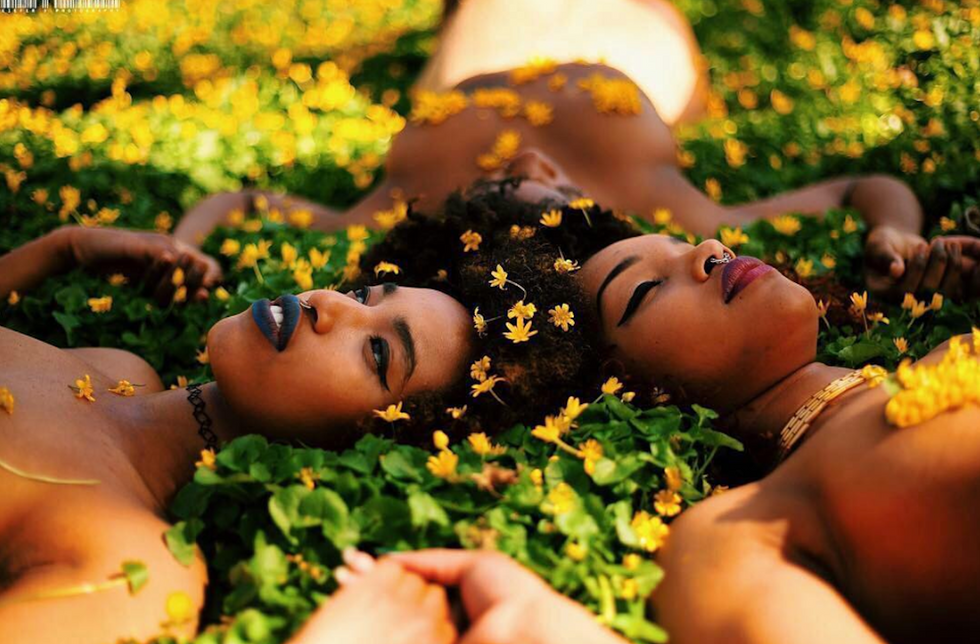When asked, "What does it mean to be a Black woman," there's one word that always resonates-- powerful. Being that little chocolate girl that was teased for her dark skin, by her proclaimed brothers and sisters, has never been an easy battle. Overcoming the societal expectations and honing in on my own definition of beauty has allowed me to become unapologetically me, without the recognition of "acceptance" of anyone.
Let's face it, Black men and women are, in fact, the influence.
Whether it be fashion, music, or lifestyle, Black culture plays a vital role in today's society, just as it has in previous years. Being that police brutality, racial profiling, and discrimination has continued to skyrocket as if measures have not be taken to create equal opportunities and protection of the Black community, we still live in a world that is essentially foreign to us. To expand the fight for Black individuals there are advocates and supporters of movements and organizations like #BlackLivesMatter and NAACP which is refreshing to witness because it shows that people are actually aware of the limitations put on Black people.
For instance, let's take Rachel Dolezal, former president of NAACP in Spokane, Washington, and Africana studies instructor. She has been an activist for the Black community for years and has made a significant change in the Spokane community by being in the forefront of a community that is predominantly white. However, it was confirmed that Dolezal is not an African woman but has identified herself as such because she "feels like she's Black." Despite the criticisms of Dolezal, I wanted to understand her reasoning for identifying as Black when in fact, she does look like a white woman just with hairstyles and wigs that would deem her as a light-skinned Black woman.
In the documentary released on Netflix last week, "The Rachel Divide," one is able to familiarize themselves with Dolezal. Although I was a bit empathetic for the backlash that she was receiving before watching the documentary, I did not feel sorry for her, but rather concerned. Yes, she did a lot for Spokane and has Black children, but lying about her true identity as if she can pick and choose when to be white, is in itself disdainful.
See also: 8 Things I, As A Black Girl From Arkansas, Am Tired Of Hearing
Dolezal could have remained an active activist while being a white woman and could have insinuated change in Spokane especially since their community is 80% white. It's fair to conclude that Dolezal did not want to identify as white because of her biological parents, however, one's past does not give anyone a right to "pretend" to be another ethnicity. For a Black individual cannot pretend to be white because they will never able to experience "white privilege."
Respect, but don't emulate.
I believe that anyone is entitled to present themselves in any way they see fit, however, it is offensive to "adopt" the struggles of Black women and claim them as your own. One will never know what it "feels" like to be a Black woman if they are not, in fact, a Black woman. It's never been easy and for Dolezal to "glorify" those struggles is disrespectful. In addition, Dolezal changed her name to Nkechi Amare Diallo, which if most aren't aware, is a Nigerian name. Dolezal changing her name to one that would present her as more Black on paper elucidates that her "Blackness" is, in fact, a disguise. There's nothing more one can infer from that, despite her claims of just being "her."
It's evident that Rachel or Nkechi does not know who she is.





 mr and mrs potato head
StableDiffusion
mr and mrs potato head
StableDiffusion










